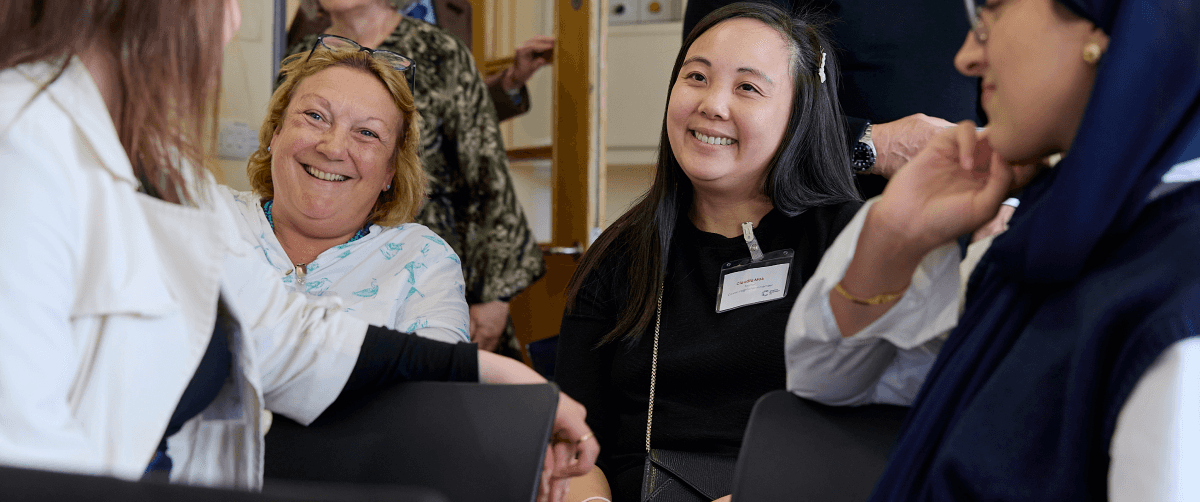
At Cancer Research UK, we believe that the most powerful change happens when we listen to the people who know cancer best — those who’ve lived it, supported loved ones through it, and continue to shape the future of how we tackle it.
Recently, some of you took part in focus groups and a follow-up survey to help us improve how we talk about cancer inequalities. Your insights have been invaluable, and we want to share with you the difference your voice has made.
In our focus groups, you shared what cancer inequalities mean to you. You helped us understand that:
Cancer inequalities are deeply personal, and it can be difficult to understand the true impact of the inequalities unless you’ve experienced them.
Barriers to seeking help and receiving better care are wide-ranging, including financial pressures, transportation costs, cultural taboos, and a lack of awareness.
Everyone deserves an equal chance, regardless of background, disability, age, or where they live.
You also gave feedback on our draft messaging. You told us what resonated, like recognising the role of government and the NHS, and what didn’t, such as overemphasising preventable factors like smoking, which can feel stigmatising.
Thanks to your feedback, we’ve made real changes to how we communicate about cancer inequalities:
We’ve made our language clearer and more inclusive, replacing technical terms like “health systems” with “services,” and recognising both individuals and communities.
We’ve highlighted the responsibility of the UK government to act, and been more specific about the actions needed, like targeted investment and improved access to care.
We’ve reduced stigma by shifting away from language that could be misinterpreted, like “catch cancer,” and instead talk about “spotting cancer early.”
Here’s one of the updated messages you helped shape:
Cancer inequalities are complex and affect many people and communities in different ways across the country. There won’t be a ‘one size fits all’ solution – instead, health services need to work together with disadvantaged communities to understand and address their specific needs.
Your involvement has already made a difference. The messaging you helped refine was used in a national press release about the impact of deprivation on cancer outcomes, featured in The Times, The Guardian, and Sky News.
Ian Walker, Executive Director of Policy and Information at Cancer Research UK, said:
“Beating cancer must mean beating it for everybody. No one should be at a greater risk of dying from this devastating disease simply because of where they live.”
Dr Neil Smith, GP Lead for Lancashire and South Cumbria Cancer Alliance, added:
“High-quality care should be available to everyone when they need it. But sometimes, the hardest step can be getting to the doctor in the first place.”
We’re using your feedback to create new guidelines for all our teams, ensuring that every message we share about cancer inequalities is shaped by the people who matter most — you.
And we’re not stopping here. Your continued involvement will help us keep improving, keep listening, and keep pushing for a future where no one’s experience of cancer is defined by inequality.
Thanks for your time, your honesty, and your commitment. You’re not just helping us talk about cancer inequalities - you’re helping us change them.